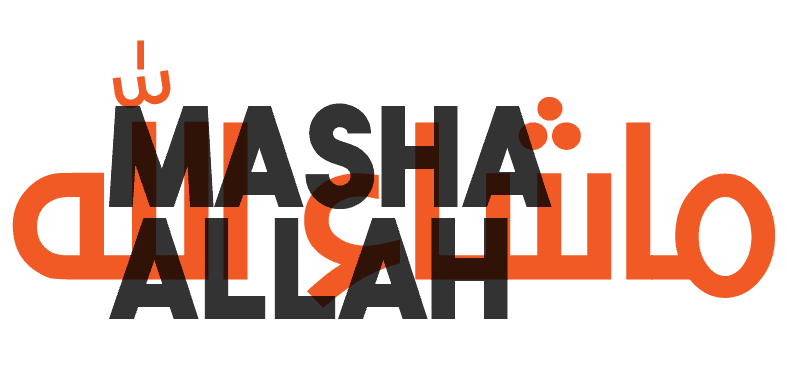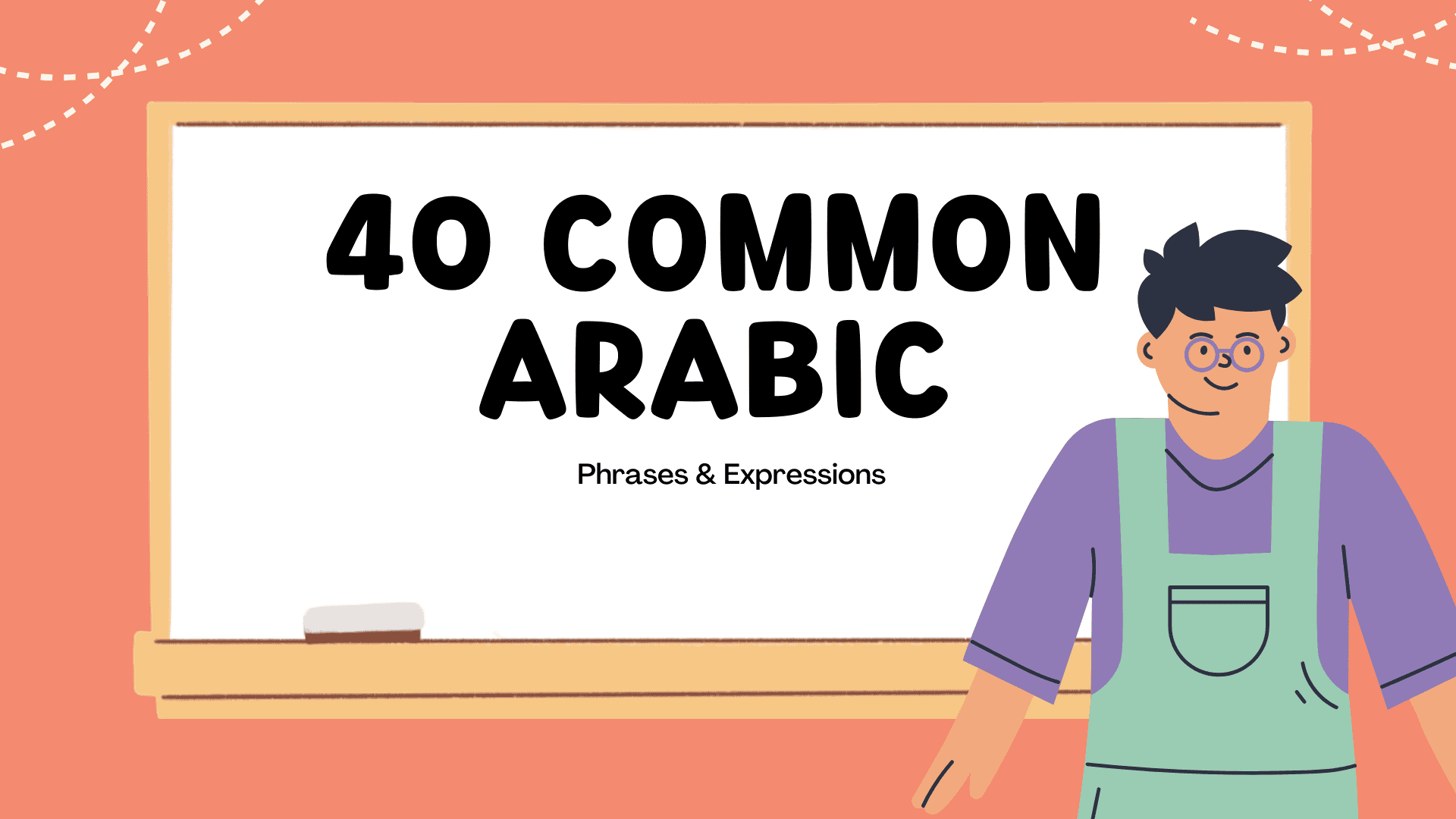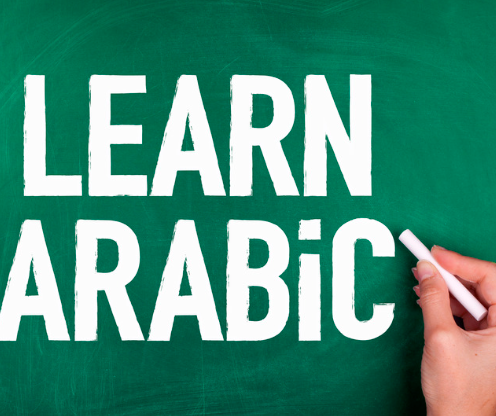Arabic is a rich language, steeped in history and culture. It’s a language that’s spoken by millions around the world.
Understanding common Arabic phrases can open doors to new experiences. It can help you connect with Arabic-speaking communities, whether you’re traveling or learning the language.
In this article, we’ll explore 40 common Arabic phrases and expressions. We’ll delve into everyday greetings, expressions about God, and even some unique Egyptian phrases.
Whether you’re a language learner or a curious traveler, this guide will provide you with practical knowledge. It’s a stepping stone towards a deeper understanding of the Arabic language and culture.

Understanding the Basics of Arabic Communication
Arabic communication is more than just words. It’s a blend of language, culture, and tradition.
Common phrases are used daily, reflecting the values and customs of Arabic-speaking communities. They’re essential for expressing politeness, hospitality, and respect.
By learning these phrases, you’re not just learning a language. You’re immersing yourself in a rich and diverse culture.
Greetings and Polite Expressions
Arabic greetings are a key part of daily communication. They’re used to show respect and goodwill.
The most common greeting is السلام عليكم “As-salamu alaykum”. It means “Peace be upon you”. The response is وعليكم السلام “Wa alaykum as-salam”, meaning “And upon you peace”.
Here are some other common greetings and polite expressions:
- “Marhaba” مرحبا (Hello)
- “Shukran” شكرا (Thank you)
- “Afwan” عفوا (You’re welcome)
- “Ma’assalama” مع السلامة (Goodbye)
Remember, pronunciation can vary between regions. Practice with native speakers for accuracy.
Expressing Gratitude and Responding to Thanks
Expressing gratitude in Arabic is simple. The word “Shukran” means “Thank you”.
Responding to thanks is also straightforward. You can say “Afwan”, which means “You’re welcome”.
Here are a few more phrases related to gratitude:
- “Jazak Allah Khair” جزاك الله خيرا (May God reward you with good)
- “Barak Allah Feek” بارك الله فيك(May God bless you)
- “Alhamdulillah” الحمد لله (Praise be to God)
Essential Questions for Everyday Conversations
In everyday conversations, asking questions is key. The phrase “Kayfa Haluka?” كيف حالك means “How are you?”.
If you need to ask for something, you can say “Hal ‘Indaka…?” هل عندك, which translates to “Do you have…?”.
Here are a few more essential questions:
- “Mada Taf’al?”ماذا تفعل (What are you doing?)
- “Ayna Al-Hammam?” أين الحمام(Where is the bathroom?)
- “Kam Al-Thaman?” كم الثمن (What is the price?)
Arabic Phrases About God and Their Contexts
In Arabic culture, phrases about God are common. They are often used to express surprise, gratitude, or hope.
For instance, “Insha’Allah” ان شاء اللهmeans “If God wills”. It’s used when talking about future plans.
Here are some more phrases about God:
- “Alhamdulillah” الحمد لله (Praise be to God)
- “Subhanallah” سبحان الله(Glory be to God)
- “Allahu Akbar” الله أكبر (God is the Greatest)
These phrases are deeply rooted in the Arabic language and culture.
Egyptian Arabic: Unique Phrases and Sayings
Egyptian Arabic is a dialect rich in unique phrases and sayings. It’s known for its distinct pronunciation and vocabulary.
Here are some common Egyptian phrases:
- “Ezayak” إزيك (How are you?)
- “Bahebak” بحبك (I love you)
- “Yalla bina” يلا بينا (Let’s go)
These phrases offer a glimpse into the vibrant Egyptian culture and its language.
Practical Phrases for Travelers and Language Learners
Travelling to an Arabic-speaking country? Learning some practical phrases can be a game-changer. It can help you navigate daily situations with ease.
Here are some useful phrases:
- “Ayna al-maktaba?” أين المكتبة (Where is the library?)
- “Kam thaman hadha?” كم ثمن هذا (How much is this?)
- “Hal tatakallam al-ingliziya?” هل تتكلم الانجليزية (Do you speak English?)
Remember, practice makes perfect. So, don’t shy away from using these phrases during your travels or language learning journey.
Tips for Proper Pronunciation and Usage
Pronunciation is key in Arabic. It can change the meaning of a word. So, pay attention to how each syllable is pronounced.
Also, context matters. Use phrases appropriately to avoid misunderstandings.
The Value of Learning Arabic Phrases
Learning Arabic phrases enriches your cultural understanding. It also opens doors to new friendships and experiences.




